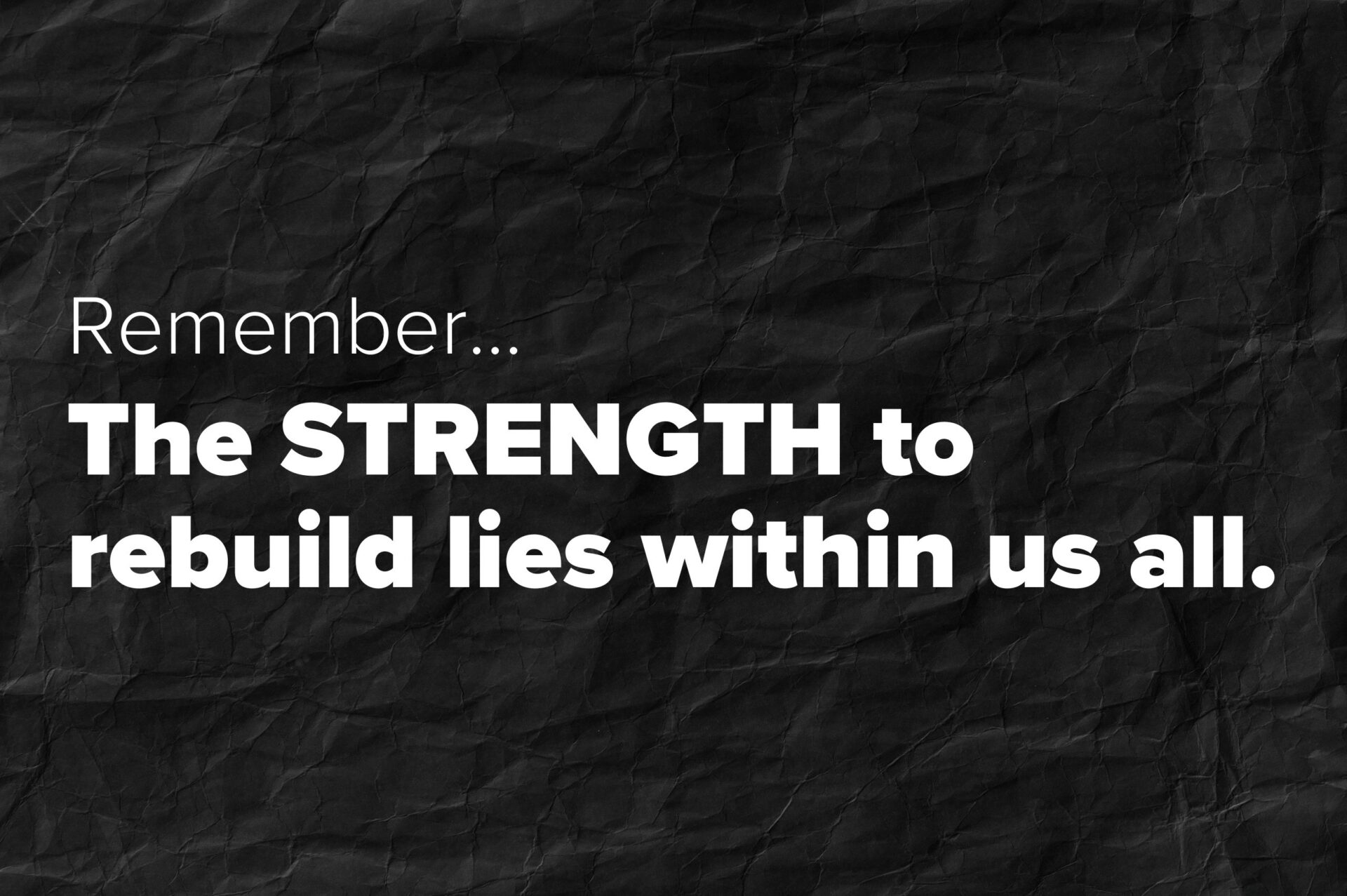Prioritizing Mental Health After Hurricanes Helene and Milton
The Silent Struggles: Life After a Hurricane
Today, on World Mental Health Day, we are reminded of the critical importance of mental health, especially in the aftermath of traumatic events like hurricanes. The aftermath of hurricanes like Hlene and Milton brings visible devastation—damaged homes, uprooted lives, and the immense task of rebuilding. However, the toll hurricanes take on mental health is less apparent but equally critical. While it’s essential to prioritize physical recovery, it’s just as important to address the emotional wounds left behind. Understanding the mental impact of hurricanes can help individuals and communities heal.
Hurricane Helene affected millions, displacing families and wreaking havoc on countless properties. The extensive devastation spanned several states, forcing entire communities to grapple with not only the physical destruction but also the emotional toll. To make matters worse, Hurricane Milton made landfall yesterday, just days after Helene, delivering a second blow to those already reeling from the aftermath of Helene.
The Mental Health Struggles After a Hurricane
Hurricanes do more than damage infrastructure; they disrupt lives and inflict emotional trauma. Feelings of helplessness, fear, and loss are common as survivors face the reality of destruction. According to a study by Jean Rhodes at The University of Massachusetts, “Hurricane Katrina survivors showed significant levels of post-traumatic stress disorder (PTSD), depression, and anxiety.” Although these symptoms are natural responses to extreme stress, they can hinder long-term recovery if not addressed.
Hurricanes Helene and Milton may bring up similar challenges, where survivors are left not only to rebuild their homes but also their sense of security and well-being. Both hurricanes have left countless communities reeling, with residents now grappling not just with physical destruction but also the emotional burden of recovery. This is why prioritizing mental health alongside physical restoration is essential.

Understanding the Collective Trauma on Society
Communities often experience collective trauma after major disasters. While media coverage may focus on material destruction, the emotional scars inflicted on communities can last for years. People may suffer from sleep disturbances, survivor’s guilt, or even chronic stress, which can affect work, relationships, and overall well-being.
Research from previous hurricanes like Katrina has revealed the importance of community support systems and mental health services in preventing long-term psychological damage. Programs focused on grief counseling, mental health hotlines, and peer-support groups are invaluable in helping survivors process their trauma and begin the healing process. In the case of both Hurricane Helene and Hurricane Milton, it is crucial to establish accessible mental health resources for all affected communities.
Taking Time to Recover Mentally
In the immediate aftermath of a hurricane, it’s natural to focus on survival and rebuilding, but emotional recovery is just as urgent. Ignoring mental health can lead to severe consequences like burnout, anxiety disorders, or depression. Encouraging survivors to take time for themselves—whether through therapy, relaxation techniques, or simply processing their emotions—can be the difference between a slow emotional recovery and years of mental health challenges. Just as homes and communities need restoration, so do minds and hearts.
Strategies to Support Mental Health After a Hurricane
- Acknowledge the Trauma: Accept that it’s okay to feel overwhelmed or anxious. Speak openly about your emotions with family, friends, or a mental health professional.
- Lean on Your Community: Community support can play a crucial role in the recovery process. Joining local groups or virtual support networks allows individuals to connect with others who share their experiences.
- Seek Professional Help: Professional mental health support, whether through therapy or counseling, can be vital for navigating the complex emotions triggered by a disaster.
- Practice Self-Care: Simple practices like meditation, journaling, or even daily walks can help calm the mind and reduce stress levels.
Mental Health Resources
| Resource | Service | Phone | |
|---|---|---|---|
| Florida Department of Children and Families | Disaster Distress Helpline: Trained counselors are available 24/7 | 800-985-5990 | – |
| Florida Disaster | Florida disaster mental health resources | 850-815-4000 | – |
| Central Florida Cares | Provides free, confidential crisis counseling and support to people in distress due to disaster | 407-985-3560 | – |
| Anxiety and Depression Association of America | Works to prevent, treat, and cure anxiety disorders and depression | 240-485-1018 | information@adaa.org |
Together We Recover
Recovering from a hurricane isn’t just about clearing debris and rebuilding homes; it’s about healing hearts and minds. On this World Mental Health Day, as we recognize the profound impact of mental health on our overall well-being, it’s important to remember true recovery includes your mental well-being. Take time to reflect, heal, and seek help when needed—because rebuilding mentally is just as vital as the tangible aspects of recovery. If you or someone you know has been affected by Hurricane Helene or Hurricane Milton, reach out to our team today to begin your recovery process.
